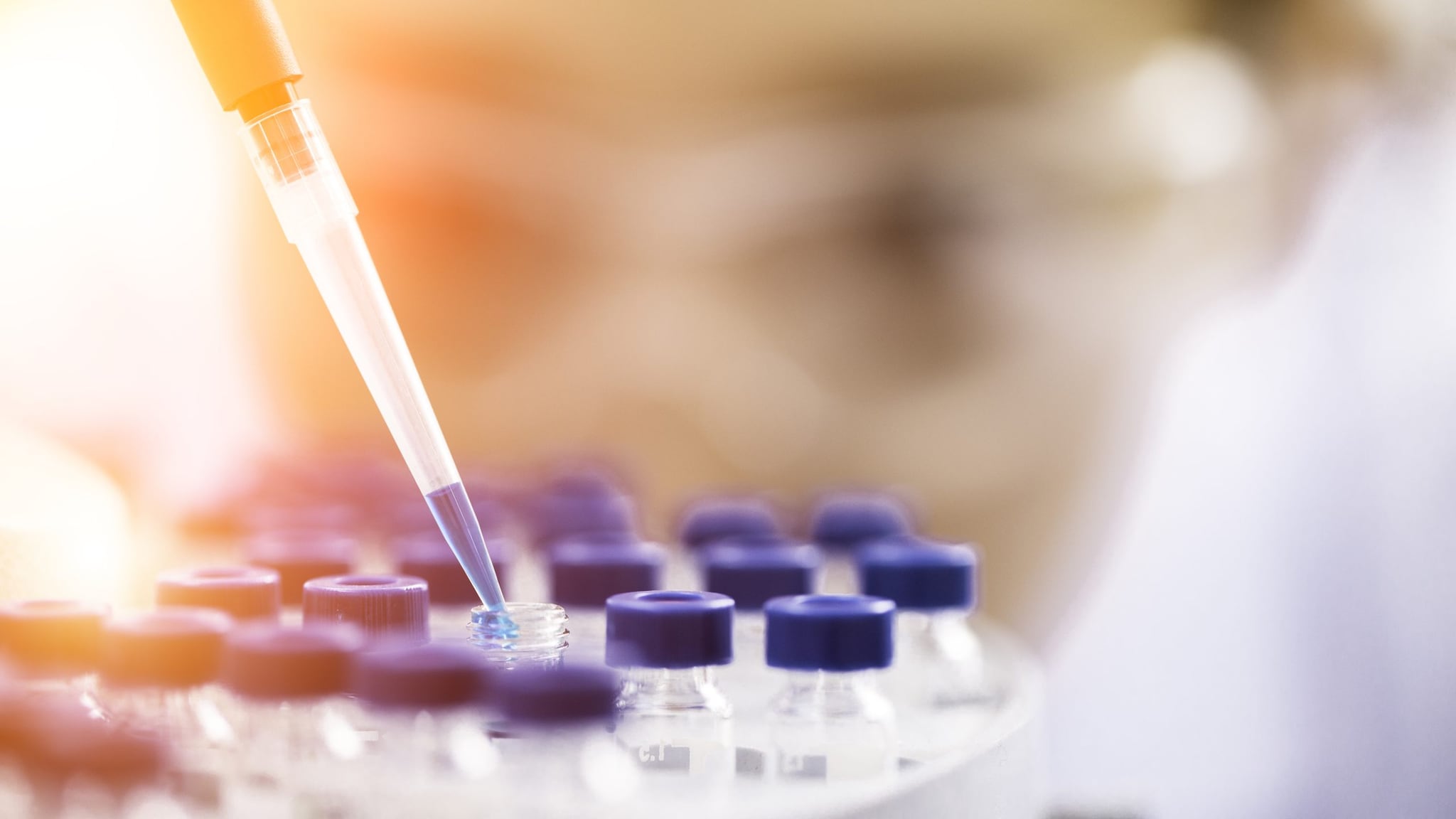What to know
- ATSDR's National ALS Biorepository serves an important function within the National ALS Registry. The platform allows the participants of the Registry to contribute to research by donating samples, and makes these valuable samples available and accessible for approved ALS research studies.

What is the National ALS Biorepository?
The term biorepository usually refers to a facility that collects and stores samples of biological material. These samples could include blood, urine, tissue, cells, and DNA. Some information about the participant may also be stored along with a written consent form. These samples may be used for future research.
The National ALS Biorepository is part of the National ALS Registry. This Biorepository includes samples from persons living with ALS who are enrolled in the National ALS Registry. ATSDR developed a plan for creating this Biorepository with help from external experts, including the best ways to collect, store, and share biological samples. Persons living with ALS must give their consent to take part in the National ALS Biorepository.
This Biorepository may help scientists better understand the cause(s) of ALS. Researchers may be able to study the genetic variation in those with ALS. Analysis of these types of specimens has already proven useful in finding important genes related to ALS and other motor neuron diseases. The National ALS Registry collects epidemiological data from persons living with ALS. Connecting biological samples with these data will make the National ALS Registry more complete and useful.
How does the National ALS Biorepository Work?
You must be enrolled in the National ALS Registry to take part in the Biorepository. After an individual has joined the Registry, he/she will be able to ask for more information about the Biorepository and provide his/her contact information.
Specimens that may be collected for each component of the Biorepository are below.
- The biospecimen (in-home) part involves the collection of blood, urine, hair and fingernail clipping specimens collected from persons living with ALS in their homes.
- The postmortem part involves the donation of brain; spinal cord; cerebral spinal fluid; and pieces of muscle, skin, and bone from persons living with ALS after they have died.
Persons living with ALS providing specimens along with the information already collected in the Registry will help make the Registry more complete. Providing specimens may help scientists better understand the cause(s) of ALS by providing researchers with access to ALS biological samples.
How can I learn more?
Please click the persons living with ALS information or Researcher information button below to get more information about the National ALS Biorepository.
Contacts
If you have questions about the National ALS Biorepository please call 1-855-874-6912 or email questions to alsbiorepository@secure.mcking.com (Monday through Friday from 8:30am to 5pm ET).
If you have questions about how to register in the National ALS Registry, please call us at 1-877-442-9719 or email us at ALSSystemAdmin@cdc.gov (Monday through Friday, 8am to 5pm ET).
